Global Matcha Demand Soars
2024 was recorded as the hottest year in Japan's history, and the consequences of this extreme climate phenomenon directly affect the country's green tea industry.
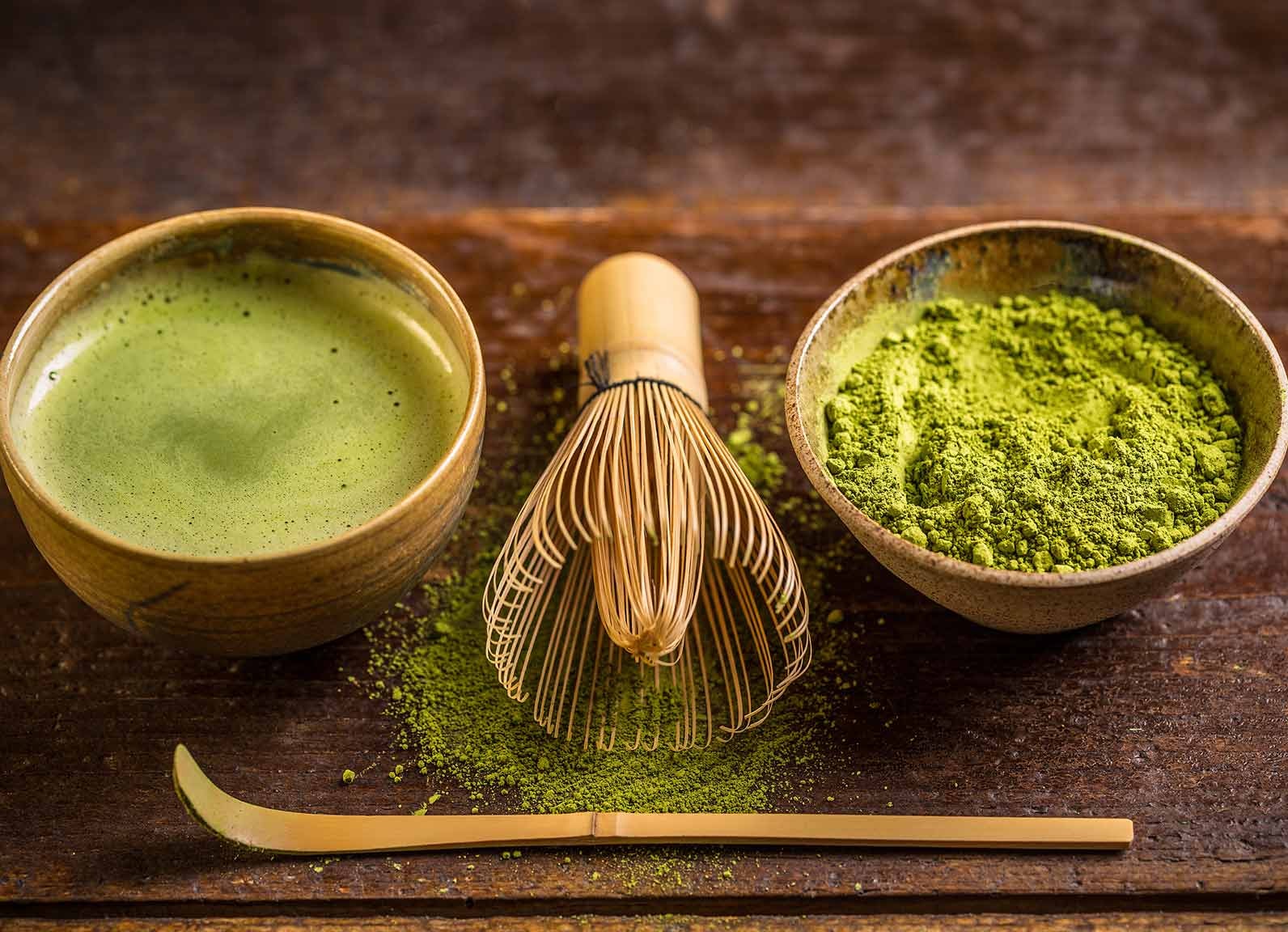
Kyoto, known as the capital of matcha and producing about 25% of the country's total tencha output, has suffered the most damage.
Masahiro Yoshida, a sixth-generation tea farmer in Uji, south of Kyoto, speaks about the difficult situation his family faces. This year's harvest was just 1.5 tons of tencha, down 25 percent from the usual 2 tons, an alarming figure for a family with a long tradition of growing tea.
While supplies from Japan are struggling, global demand for matcha is surprisingly strong, driven largely by Millennials and Gen Z, young consumers who are always looking for healthy and wholesome beverage options.
Trendy cafes around the world have been quick to incorporate matcha into their menus, from traditional matcha lattes to creative smoothies and desserts.
The presence of matcha is not only limited to the beverage industry but also spread to the dessert industry, thanks to its outstanding advantages such as high antioxidant content and natural caffeine.
The matcha craze on social media in the fall of 2024 further fuels the surge in demand. Videos of matcha drinks and desserts were widely shared on platforms like TikTok and Instagram, creating a new wave of interest in the traditional beverage.
Supply crisis pushes Matcha prices to record highs
The matcha shortage has become so severe that some wholesalers have had to impose restrictions. Yuki Ishii, founder of Singapore-based Tealife, revealed that matcha demand from his customers has increased tenfold over the past year and is still growing.
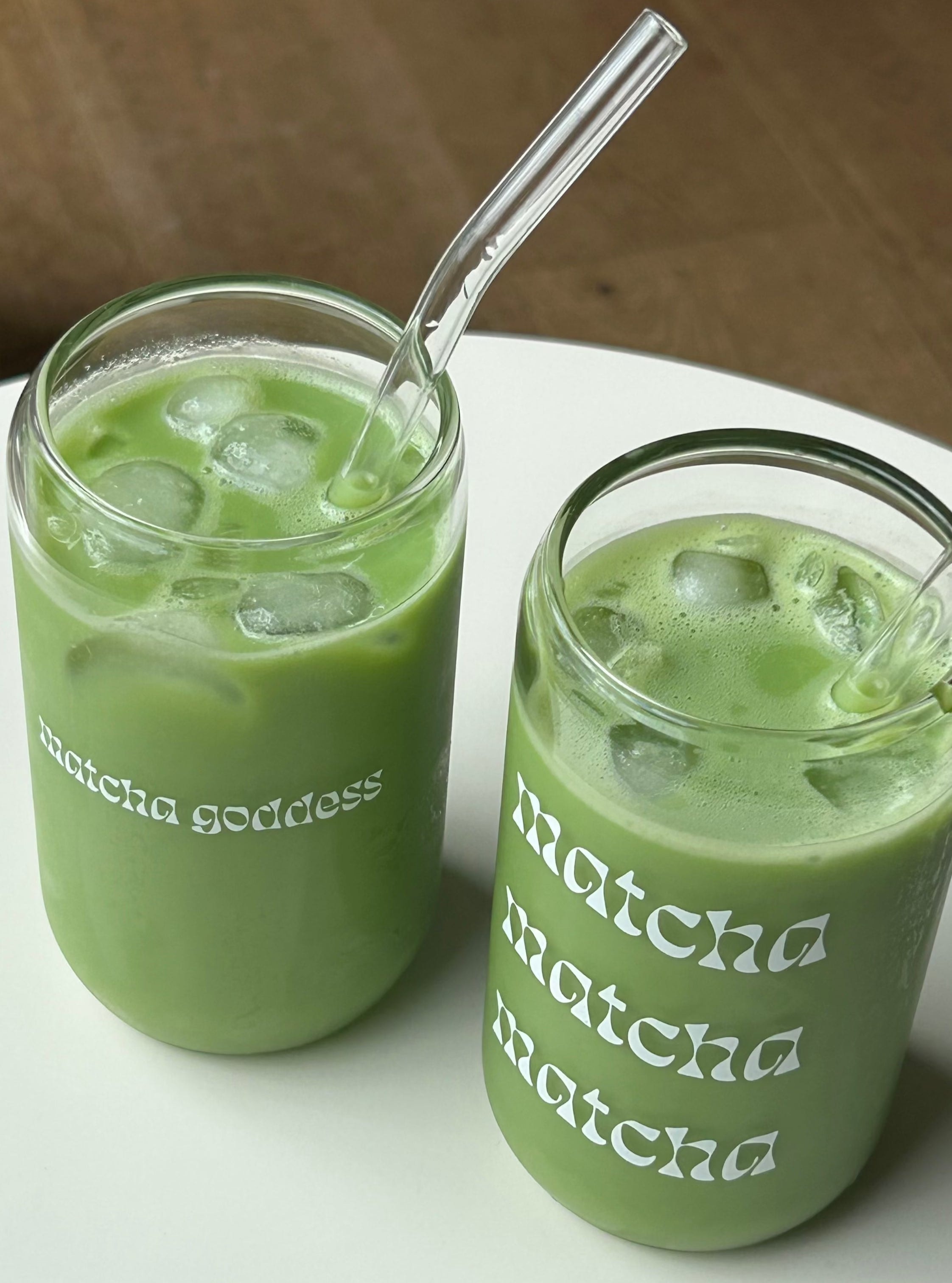
The imbalance between supply and demand has pushed tencha prices to record highs. At an auction in Kyoto in May 2025, tencha prices hit 8,235 yen per kilogram (about $57), up 170% from the previous year and far exceeding the previous record of 4,862 yen per kilogram (about $34) set in 2016.
Despite the shortage, Japan's green tea exports, including matcha, are expected to rise 25% in value by 2024 to 36.4 billion yen ($252 million), driven largely by growing demand for powdered teas such as matcha from overseas.
According to the Ministry of Agriculture , Forestry and Fisheries of Japan, in terms of volume, green tea exports also increased by 16%, reflecting the growing international interest in high-quality tea products from Japan. This puts great pressure on domestic supply, as producers have to balance export demand with domestic consumption.
According to data from the Global Japan Tea Association, this price reflects the severe scarcity of high-quality raw materials. The price increase not only affects the domestic market but also has a strong impact on the export market, as Japanese matcha is considered the gold standard of the global green tea industry.
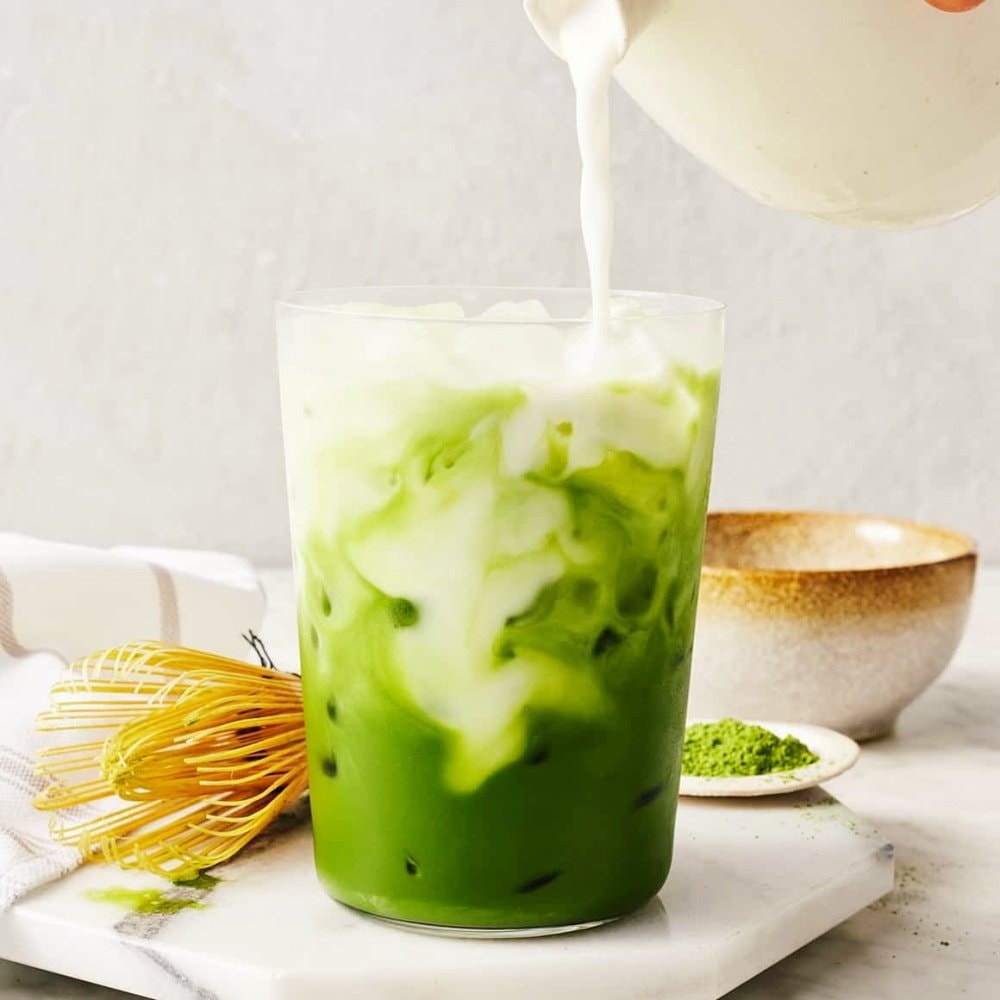
Japanese producers are working to increase matcha production, but the current shortage is unlikely to be resolved quickly. According to expert Marc Falzon, newly planted tea fields take at least five years to reach harvest, meaning supplies will remain tight for a long time.
The matcha crisis has not only affected Japan but has spread around the world, especially in major consumer markets such as the US, Europe and Asian countries. Many cafes and restaurants have had to raise prices on drinks and desserts containing matcha, while some small businesses have been forced to temporarily remove these products from their menus.
This situation also opens up opportunities for matcha producers from other countries such as China and South Korea, although their quality is still not comparable to traditional matcha from Japan. This may lead to a change in the global market structure in the coming time.
Source: https://baonghean.vn/mot-nguyen-lieu-binh-dan-tu-nhat-ban-bong-tro-nen-quy-nhu-vang-voi-gioi-tre-10301629.html












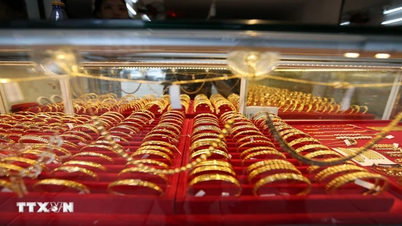





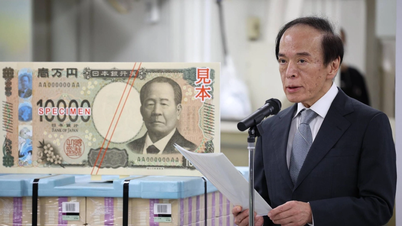

























































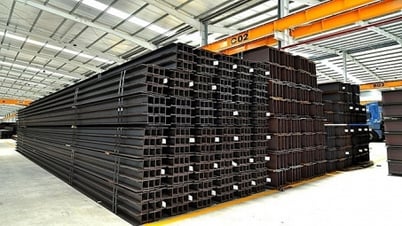


























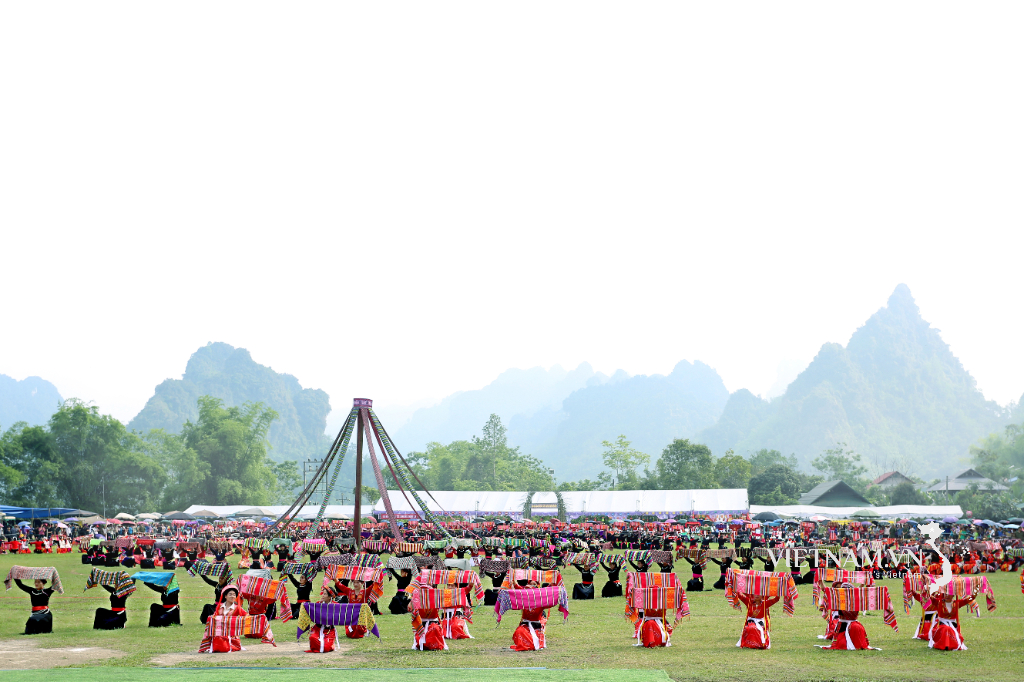

Comment (0)